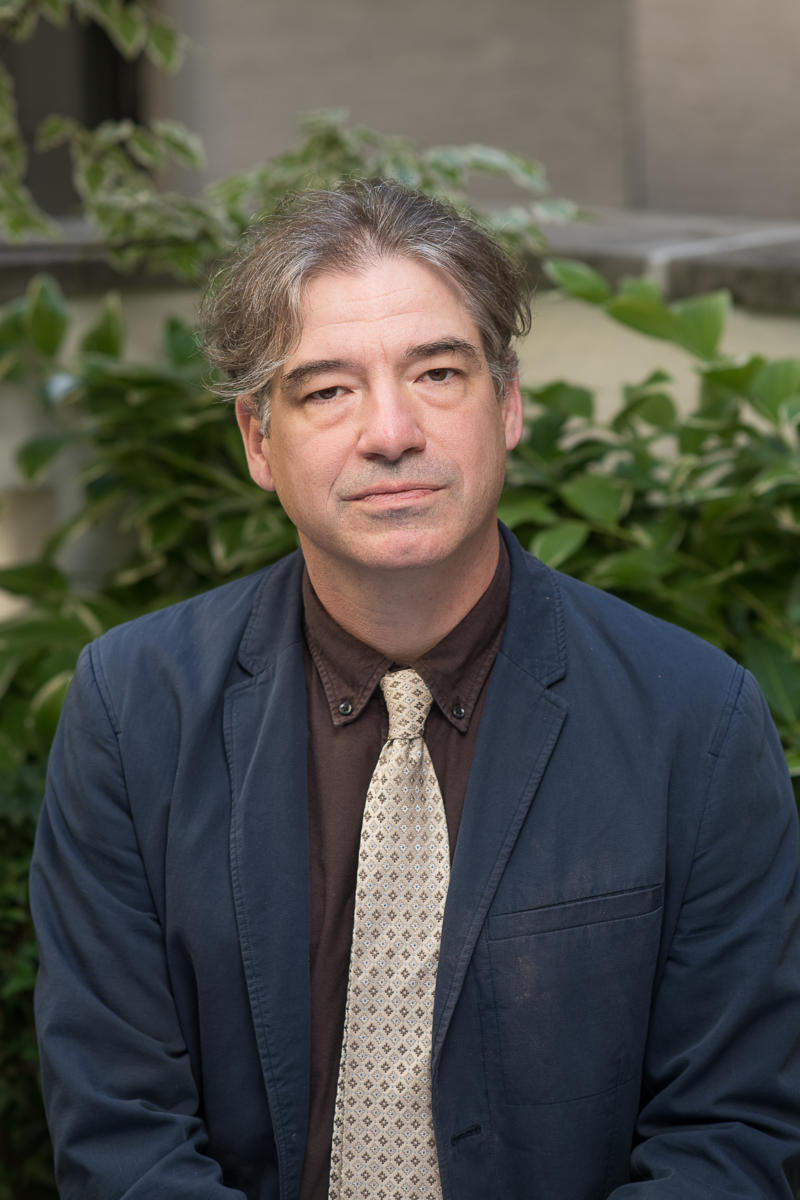As teachers, we rely on the children we encounter every day to present us with necessary difficulties of human development that education requires. We also depend on the wide world around us to offer a spectrum of present-day, communal problems—education can’t proceed without these either. Coupling these observations, we reach the true but anodyne conclusion that education means removing obstacles, both for individual striving souls and for social-political participants. This is essential but by no means sufficient.
While it is true that teaching and learning involve problem-solving and the sophistication of capacities, the fact that school is a gathering of teachers and students is not only a method but an end in itself. In public policy it has long been acceptable to treat school as essentially or prominently about the assimilation of material and the accumulation of instrumentalities, with suitably authoritative testing schema to match numbers to “outcomes.” The colossal worldwide experiment in distance learning over the past school year put the lie to this simplistic perspective: disembodied connection is not viable as a way of education—and not because students make insufficient progress in this or that subject area (that this is in fact the case is beside the point) but according to a true feeling that teaching and learning simply die away in the absence of direct human connection.
Last April, a strongly worded editorial appeared in the Washington Post, remonstrating against Howard University’s decision to shut down its classics department and program. As a part of their argument, the authors (Cornell West and Jeremy Tate) offer an extraordinary definition of education that I cannot help but associate both with my own work as a Waldorf educator and also with the work of the Rudolf Steiner School’s College of Teachers.
[There is] a massive failure across the nation in “schooling,” which is now nothing more than the acquisition of skills, the acquisition of labels and the acquisition of jargon. Schooling is not education. Education draws out the uniqueness of people to be all that they can be in the light of their irreducible singularity. It is the maturation and cultivation of spiritually intact and morally equipped human beings. (April 19, 2021)
I can’t think of a better way to characterize the central preoccupations of the College of Teachers during the 2020-2021 academic year. We recognized that both the students and we ourselves as educators could not remain “spiritually intact” without direct, embodied engagement among teachers and students. We also could not pretend that we were able to nourish “morally equipped human beings” at a distance in any sustainable or substantive way. Perhaps our most important project as a circle of colleagues was to meet in person ourselves, week after week, all through the school year, retaining central, direct cognizance of school life as a whole—notwithstanding persistent centrifugal forces connected with the pandemic (and political upheaval) that worked to break us apart. In our weekly meetings we assimilated to masks and winter breezes, we debated about quarantine norms, vaccination policies, and long-term effects of isolation, and we came to the strong determination that the best way forward was to attract students and families back to our on-campus offerings whenever and however possible.
Wherever we could, we emphasized and supported sensory experiences, group projects, open-ended conversations, and unhurried reflections over the acquisitive, possessive modality of “schooling.” We were unable to bring more than a few students together or to send them to different classrooms, and so we collected teachers into collaborative teams to bring themes and variations into the “home rooms” more dynamically. We were unable to offer performing arts, athletics or adequate movement opportunities in our buildings, and so we expanded our notion of campus into Central Park and the surrounding neighborhood. (The need to provide our students with opportunities to relinquish their masks was no small part of these innovations.) We were unable to satisfactorily balance program activities across a full school day, and so we experimented deliberately with new kinds of lessons or courses, including new variations in the arts and an emphasis on choice for older students and their families.
During the darkest time of the year, in January and February, we laid groundwork for field trips and class plays (as well as the revival of the Parent-Child Program) to occur in the spring. Despite the depletions of quarantines and the frustrations of travel restrictions, we sought to enable more expansive school experiences toward the year’s end. We sought to provide for the “irreducible singularity” of each student by creating opportunities for classmates to enjoy time together in freer and larger community, as far from “skills,” “labels,” and “jargon” as possible (including the labels and jargon associated with the pandemic). In the spring, we were fortunate that almost all the trips and events we planned were able to come to pass, including a senior play, a rose ceremony, and a commencement gathering that doubled as a closing assembly.
Going into the 2020-2021 school year, College members knew that the demands on our time and resources would be both intensive and unpredictable, but we were determined to provide for education rather than for mere schooling, as understood in the incisive distinction made by West and Tate. Our experience was deeply reassuring; we have always been convinced that education only happens to its true measure when children gather with each other and with their teachers. This past year gave us renewed courage in this conviction. Merely academic pursuits are a matter of schooling, but properly Academic pursuits ask us to assemble in a sacred grove for the sake of education.
Dan Marsch, College Chair


